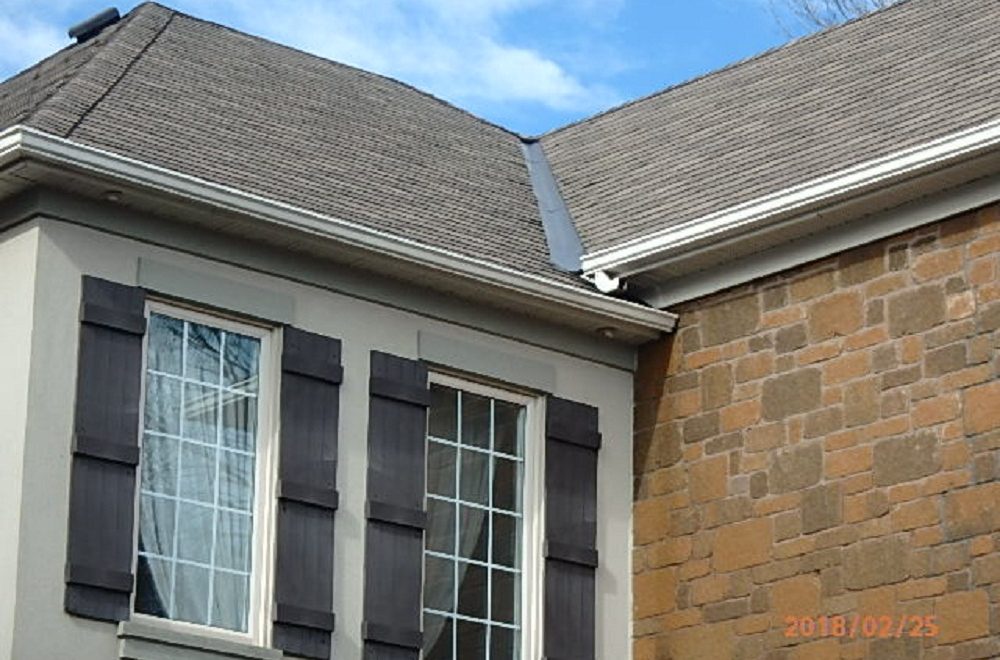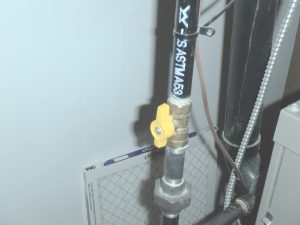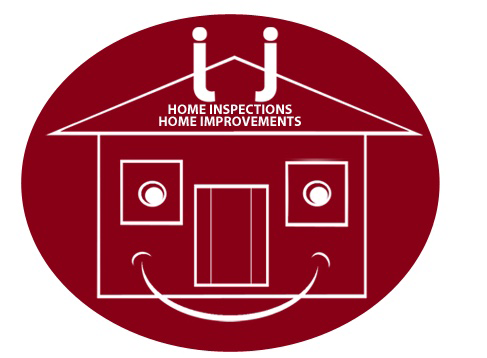
As we have discussed in previous articles, a professional home inspector will perform inspections to the national practice standards of “CAHPI” (Canadian Association Of Home and Property Inspectors) or of any relevant regional branches.
Home inspectors will perform inspections in the following areas:
- Exterior of the house
- Foundation and structure
- Electrical system
- Plumbing system
- Heating and cooling system
- Interior of the house
- Insulation and attic
- Roofing
A certified home inspector not only provides a list of defects after a detailed inspection, but will also prepare useful information about the house for the client. The report of home inspection can include information such as age, type, size, capacity, or the life expectancy of various systems and components.
By providing a thorough and accurate report of the house the home inspector helps the client to make the right decision in purchasing and keeping on top of the maintenance of the house after purchased. For example, the homeowner should know how to adjust the level of humidity of a home and how to make sure that the airflow to the humidifier is open in the cold season; these basic steps ensure a home is comfortable and ready for the toughest season of the year. Many homeowners are left in the dark about best practices – many are unaware they can even control the air flow of their humidifiers. A homeowner should know whether or not their furnace and water heater is equipped with a proper fuel shutoff valve. This information can save lives and money in case of gas or carbon monoxide leak.

A home inspector can provide client with such knowledge to keep themselves and their home safe. A home inspector does not fail or pass a house for a client, they provide the knowledge and power for a client to make an informed decision. A detailed report of the home inspection along with face to face verbal explanations of the discovered conditions by the home inspector will help the potential buyer to make aright purchasing or negotiation decision.

